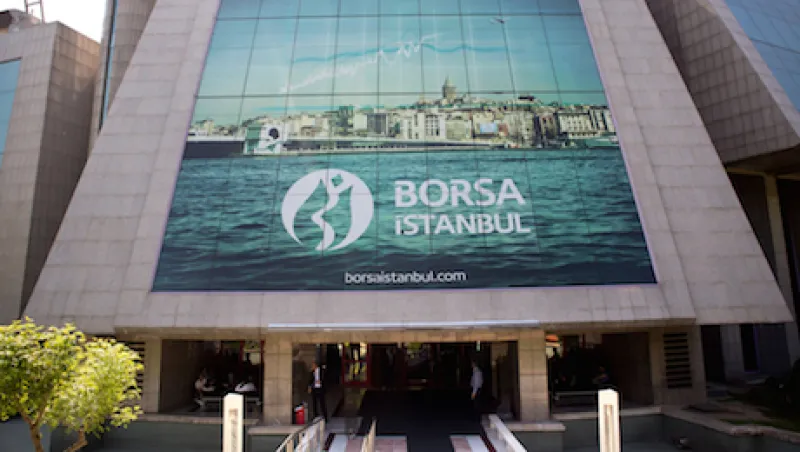
Borsa Istanbul Head Ibrahim Turhan Plays Down Turkey’s Political Woes
A year ago this month, the Gezi Park protests and the Fed’s taper announcement gave Turkey an economic and political one-two punch. But Turhan sees those as bumps along an otherwise solid path.
Aaron Timms
May 5, 2014



